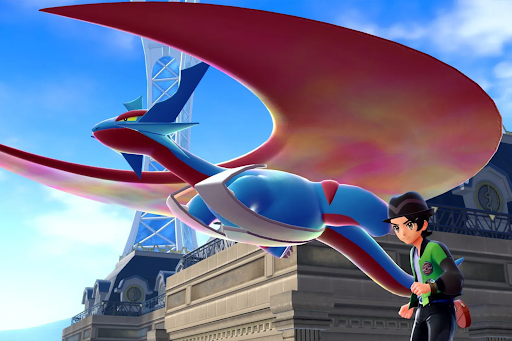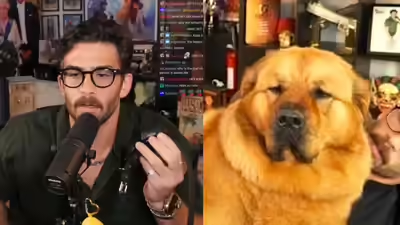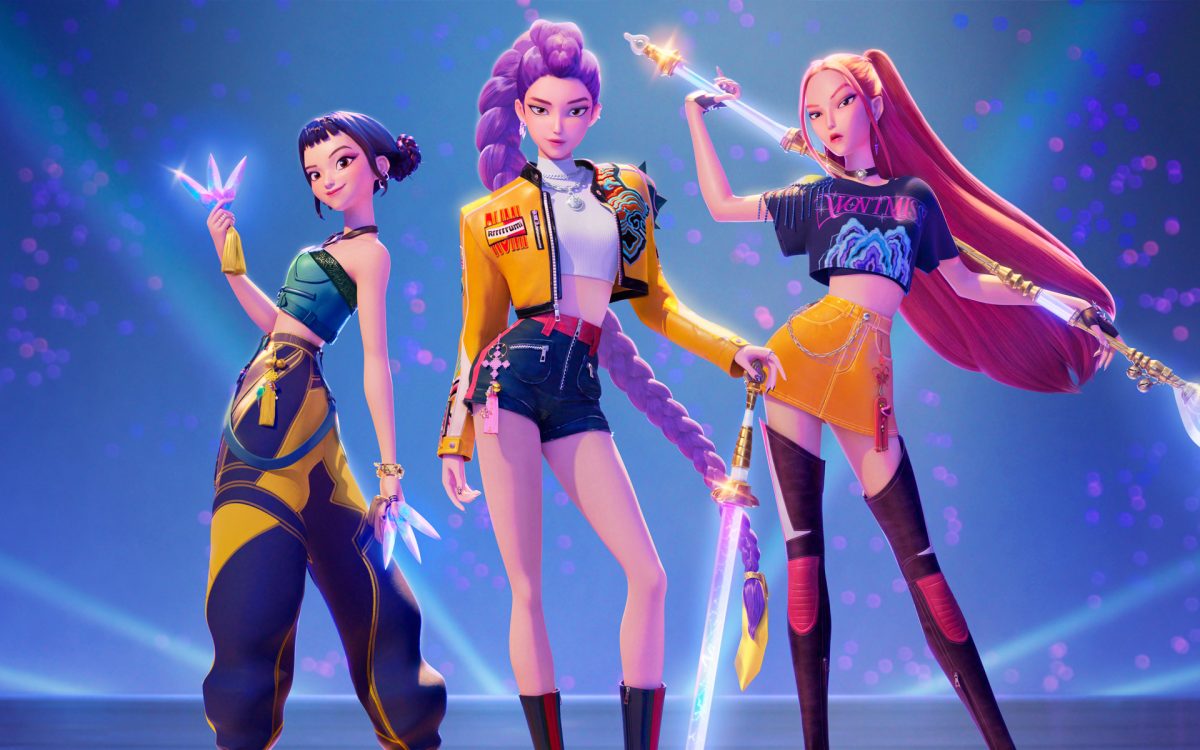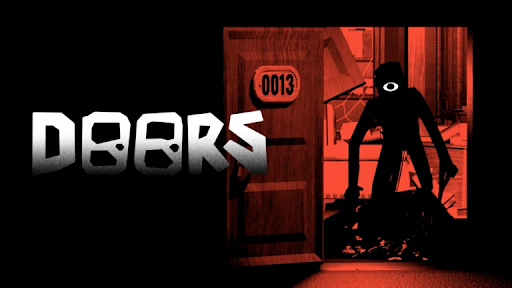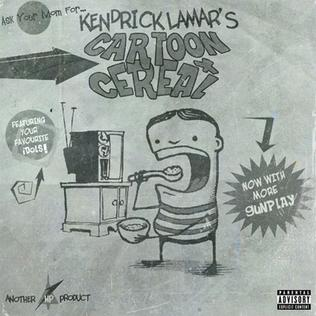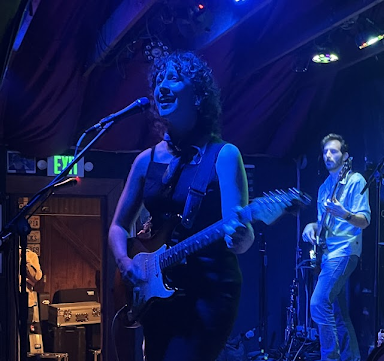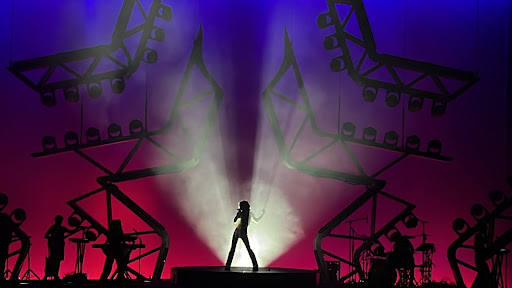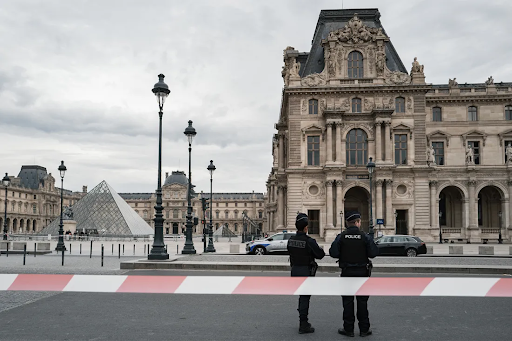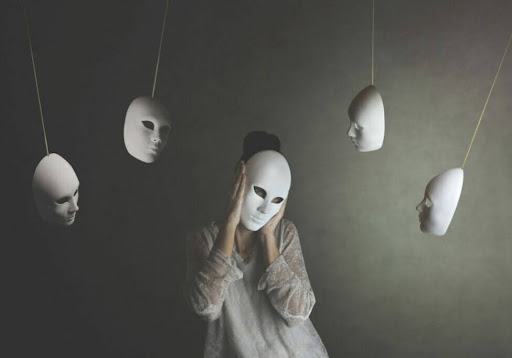The popular experimental hip-hop artist, Tyler, The Creator, is facing backlash once again, but the likelihood of his reputation recovering this time is uncertain. Tyler Okonma, better known as his stage name Tyler, the Creator, seems to be subject to frequent cancellations over the years, with photos and statements from his days in Odd Future, a disbanded hip-hop collective, and early rap career.
The controversy began when Okonma posted a tribute on Oct. 14 to the recently passed D’Angelo, a pioneer of neo-soul, and Instagram users began making unrelated comments on the post. This caused the comment section to be turned off and Okonma to post several now-deleted tweets mentioning “sun dodgers”, which appeared to be a derogatory comment directed at white people, reported Complex. Fans and online users were quick to point out Okonma’s complicated past with making racist statements and more. Okonma allegedly liked a tweet criticizing his fanbase, calling them “cannibalistic” with their lack of respect for art and music created by Black artists.
In the recent round of exposés, the artist has appeared in photos wearing the Klu Klux Klan’s (KKK) uniform and pretending to lynch former Odd Future member Lionel Boyce, doing the Nazi salute, and more obscene gestures. The picture of Okonma in the KKK uniform is from an episode of “Loiter Squad”, a comedy sketch show with the members of Odd Future. He also appeared to delete anti-black tweets that had resurfaced. Other controversial tweets that remain untouched on his account include criticizing Black History Month, responses to the murders of Trayvon Martin and Mike Brown, degrading statements towards Black women, and more. Okonma’s deleted tweets about raping Selena Gomez along with highly misogynistic lyrics have been brought up once again by online users. Others mentioned old merchandise from Okonma’s Odd Future days that contained racist caricatures of Black people on them and the Celtic Cross, a symbol used by white supremecists that made an appearance on a now censored scene in the music video for the song, “BUFFALO”.
Many fans have known about Okonma’s so-called ‘edgy’ past, though his new generation of fans appear to be surprised about his previous controversies. During his career in Odd Future, his supporters argue it wasn’t unusual for artists to behave in a controversial manner as Okonma did in the rap scene at the time. In addition, people defending him often point to his growth from a younger, ignorant person to a matured adult. While their point stands about the rap scene, this doesn’t justify his actions, especially because he was in his early twenties when posting the majority of the aforementioned tweets and releasing other statements demeaning several different minorities.
Despite having been under fire several times about his past, Okonma has not made any direct apologies. Instead, he has opted for indirect “nonapologies” through his lyrics, according to Gibaud. “Manifesto”, from Okonma’s seventh studio album “Call Me If You Get Lost”, is frequently cited as the artist acknowledging his past, though he doesn’t apologize for it. While an apology from Okonma would not fix the damage he’s inflicted by attempting to be ‘edgy’ in his past, it certainly would show his growth by taking full accountability for his actions instead of skirting around the topic. The rapper’s reputation appears to bounce back after each attempt of ‘cancellation’, which begs the question: why and how is this artist with a clearly problematic past continually getting away with not addressing it? Critics have argued that Okonma has fostered a fanbase of people who hold anti-black and misogynist ideas because he originally built his brand around these discriminatory ideas for shock value, leading them to not take issue with the artist’s past.
It doesn’t appear that fans will be receiving an apology from Okonma anytime soon, so they are left with the decision to either push this controversy away, continuing the cycle that has built his fans’ ignorance, or distance themselves from an artist who refuses to acknowledge the consequences of his past.



